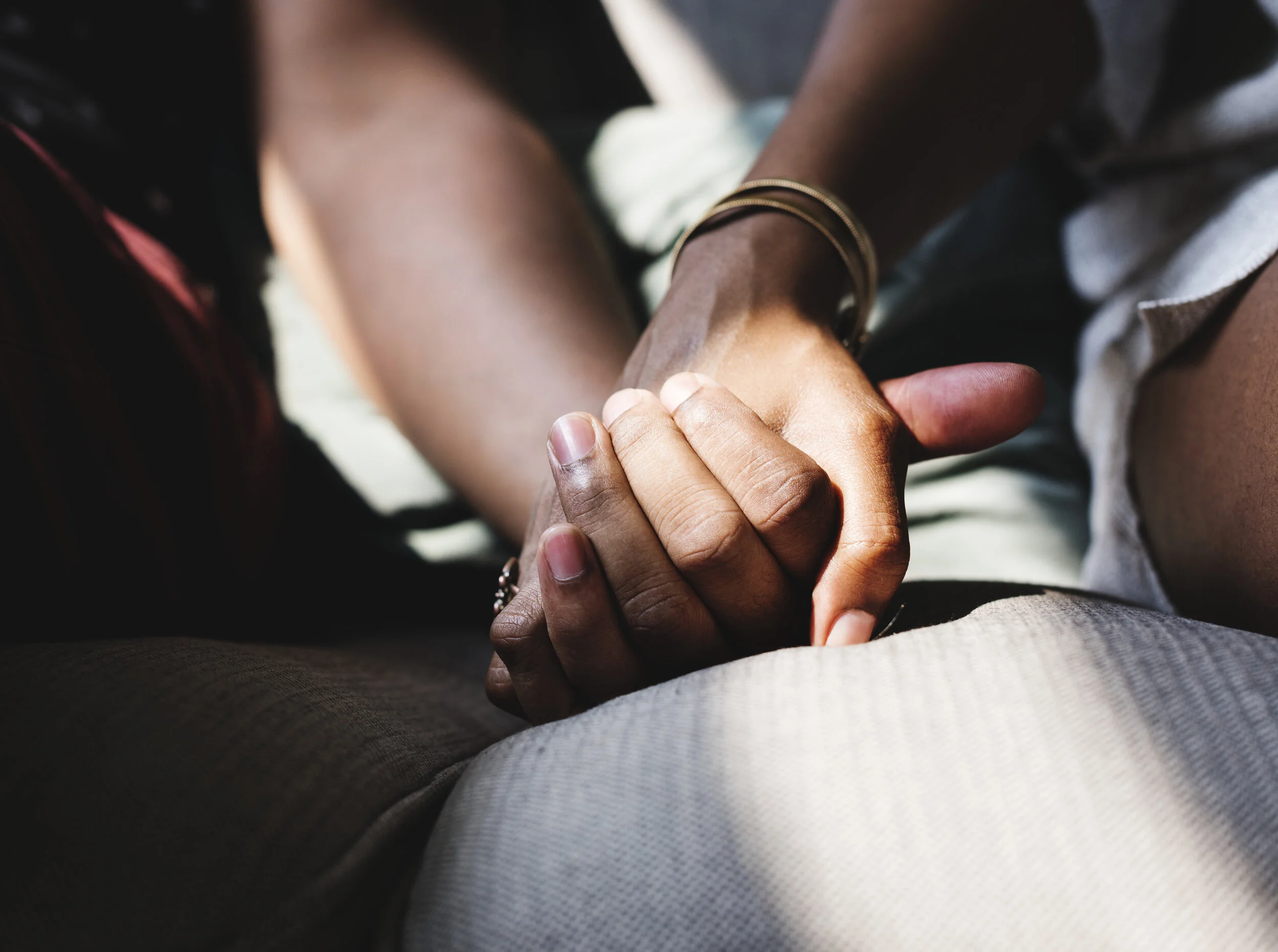Are you or a loved one a survivor of abuse?
The Impact of Child Sexual Violence on Intimate Relationships
Even one incident of sexual abuse will affect a person for the rest of their lives. Sexual abuse and exploitation is one of the most troubling abuses of an intimate relationship between a trusted adult and a vulnerable child. These broken messages of relationships can translate into adult intimate relationships. This makes it tricky when a person wants to have a healthy, intimate relationship.
Some common struggles for intimate relationships:
Feelings that are magnified or occurring in situations not calling for anger
The body stores all memories that happened and outbursts of anger are signs that feelings need to be addressed.
Emptiness deep inside, hopelessness, feeling unfulfilled
A survivor often feels that their power was taken from them and trust may have been eroded. Also dissociation may have occurred during trauma as the survivor learned it was not safe to be in their body so no feelings occur at all. Even good ones. The mind and body have to learn that it is now safe to feel again.
Senses triggered by partner
Things such as a loving touch, whistling, or a type of cologne can mentally take a survivor back to a painful memory and depending on the extent of the abuse, the circumstances involved and the beliefs developed during the trauma, they can unexpectedly surface at any point.
lack of desire to be intimate with your partner or not mentally present during intimacy
The brain is wired for survival and for a sexual abuse survivor, the brain and body need to be retrained to learn the abuse is over and it is ok to be mentally present and allow their body to feel what is happening and actually enjoy the feeling.
Creating healthy relationships involves both parties - the survivor and the partner.
A healthy relationship is possible for those with sexual trauma in their past. But extra care, effort and understanding need to happen.
For the survivor of the abuse:
Communication is absolutely key. Your partner is not a mind reader and if you are triggered by something inside or outside of your home, they need to know.
Be appreciative of the efforts of your partner. Notice when they do something sweet or kind and let them know you are grateful
Don’t give up. Keep working on your own healing. Even though it may be tiring at times, it does get better and easier and it is so worth the effort
For the partner of the abused:
Remember that their triggers, their outbursts, their struggles, are not necessarily due to something you have done. Try not to take everything personally
Remember that your partner needs you, your patience, your love, understanding and commitment that you are willing to work through this with them
Don’t try to fix it, instead be a support and presence to help work through the situations together that come up
Intimate Partner Violence:
Intimate partner violence refers to violence within an intimate relationship. The term intimate partner, often referred to as “domestic violence” distinguishes this form of relational abuse from child abuse or elder abuse.
One in four women and one in ten men experience intimate partner violence.
Some types of human trafficking are, also, intimate partner violence. Physical violence in intimate relationships also often includes sexual violence.
Children witnessing intimate partner violence between their parents are at risk for a generational cycle of relational violence. Child abuse is a risk factor for adult relationships that involve intimate partner violence.

